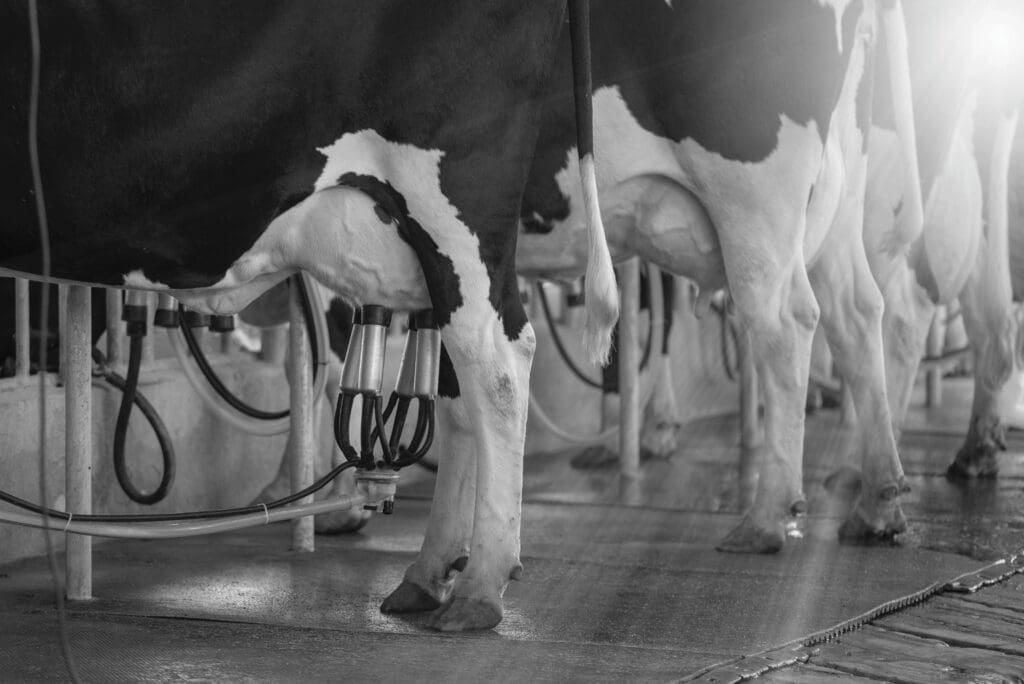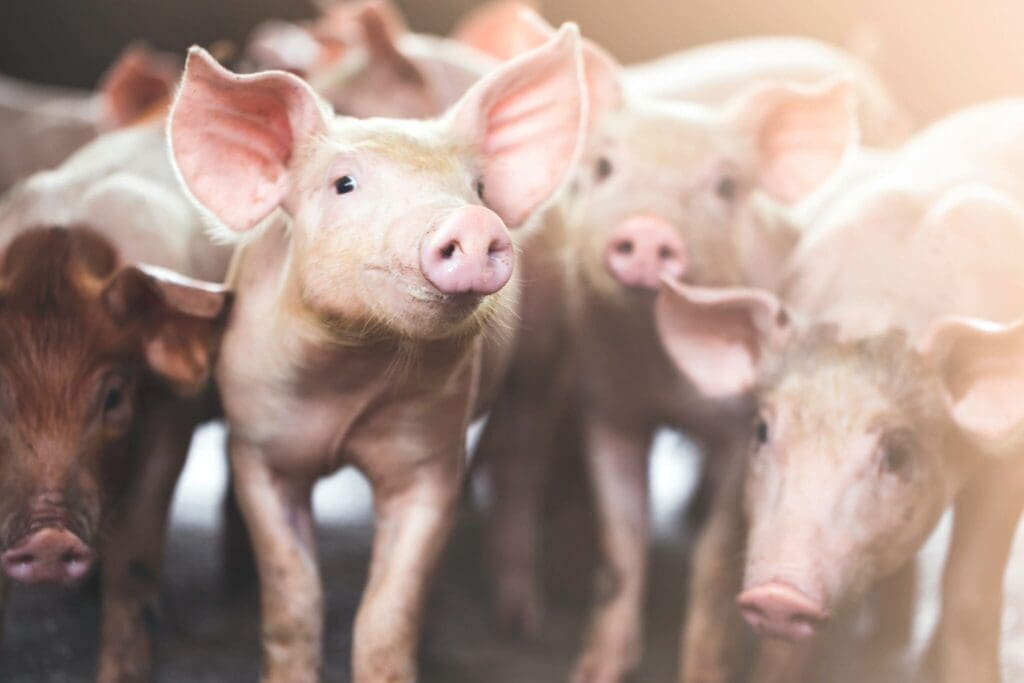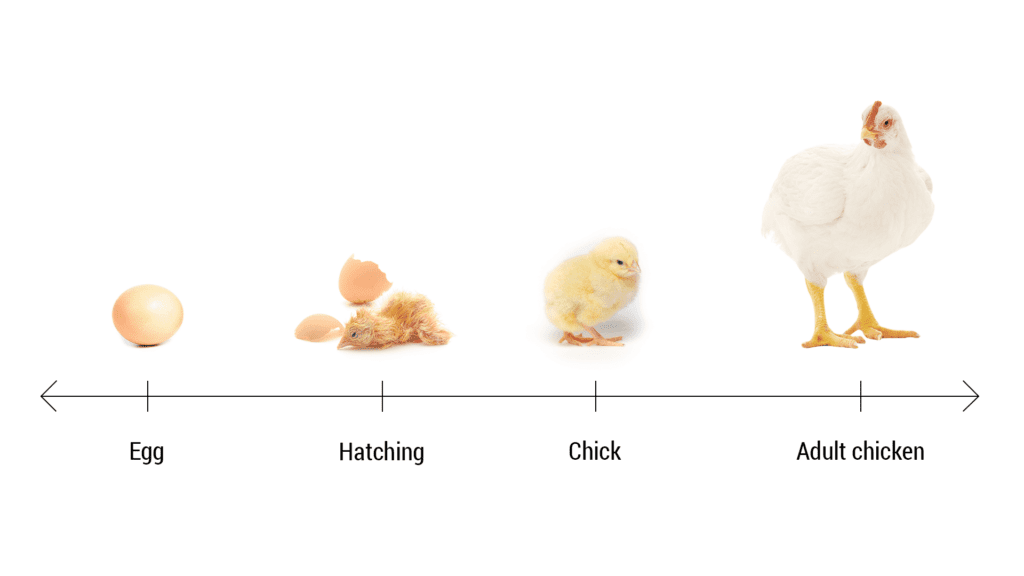Research shows that egg consumption can be beneficial in young children by preventing stunted growth (stunting) and improving cognitive (brain) development.
Eggs are a good source of nutrients, including essential fats, proteins, vitamins, minerals, trace elements, and choline. Choline is important across all life stages, as it plays a role in cell maintenance and growth, as well as brain development and bone health.
A study in Ecuador provided one medium-sized egg per day to babies aged 6‒9 months for six months and compared growth and development results between the so-called ‘egg group’ and the control group which did not receive an egg a day. From the results below, it is easy to see that eating an egg a day from early in life has significantly positive effects on child growth and development.
In the egg group:
- better length-for-age
- better weight-for-age
- better weight-for length
- better body‒mass index (BMI)
- stunting was reduced by 47%
- the prevalence of children that are underweight was reduced by 74% after it was adjusted for age, sex, and baseline anthropometric measures.
In addition, eggs may be beneficial in the diet of pregnant women due to the presence of choline and essential fatty acids, which are important for brain development and, therefore, also placental brain development.
Local research
Locally, the Centre of Excellence for Nutrition at North-West University is also conducting research on the benefits of eggs in infant nutrition. Results from this study have recently been published Nutrients in an article entitled: “Potential of Egg as Complementary Food to Improve Nutrient Intake and Dietary Diversity“.
This study looked at the effect of providing an egg a day, beginning at an age of between six and nine months. There were 155 infants enrolled in the study (70 in the egg group and 85 in the control group), and these infants were allocated randomly to either receiving an egg a day, or the control group, who did not receive an egg a day. Out of the 155 infants that were enrolled, 148 infants completed the study which lasted for eight months. Due to the limited number of infants enrolled (which was restricted due to the COVID-19 pandemic), no power analysis was completed. However, researchers concluded from that frequent intake of eggs by infants is feasible.
At the exit interview of the study, more than 90% of the caregivers reported back that eggs were easy to store and prepare for the babies, and more than 95% of the participants reported that eggs are affordable. Furthermore, researchers also found that egg intake was associated with higher protein and micronutrient intake.
It is clear from the above studies that an egg as a supplement to the diet of young infants and children is highly beneficial to limit stunting due to undernourishment, but is also an easy, affordable, and practical method to add more valuable nutrition.
Anneleen Swanepoel is a poultry layer specialist at Chemuniqué. She holds a bachelor's degree in animal science from the University of Pretoria, as well as a master's degree in aquaculture from Auburn University in the United States.











Very informative. We all eat at least 5 or more eggs a week. My granddaughters aged 4 and 6 (completely unvaxxed) are the picture of health, energy and creativity.
Thank you for this article.